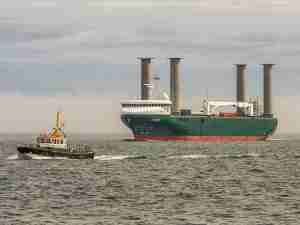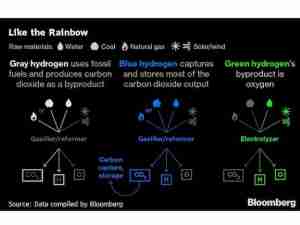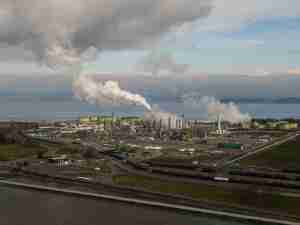Oil fluctuated between small gains and losses with hiccups in the Covid-19 vaccine rollout signaling a further hit to demand.
Futures were little changed in New York after earlier rising as much as 1.2% on Monday. U.S. infectious-disease chief Anthony Fauci said he’s worried about delays to the second dose of Covid-19 vaccinations as governments stretch intervals to speed immunizations. Moderna Inc. postponed a planned vaccine delivery to Poland, adding to concerns around supply in Europe.
“There’s so much uncertainty about the vaccine and the virus progression,” said Michael Lynch, president of Strategic Energy & Economic Research. “People are still being a little wary about what they expect for the second half of the year.”
Amid the uncertainty over demand, global supply declines are keeping crude futures elevated. Iraq pledged to cut output in January and February to compensate for pumping more than its OPEC+ quota last year, and Libyan guards halted some crude exports after a pay dispute. Russian seaborne exports of its flagship Urals grade will fall by about 20% in February, while oil stored at sea has dropped to the lowest level since April.
Demand remains precarious as tougher measures to curb the spread of Covid-19 limit mobility. France may go into another lockdown and Israel will bar foreign flights at least through the end of the month. Oil prices will likely face a “slow grind higher” rather than a sharp jump in the near term as physical oil markets in the Atlantic Basin are softer than last month, RBC analysts including Michael Tran and Helima Croft wrote in a report.
“The physical market appears to be absorbing any material demand softness from lockdowns in stride, for now,” RBC analysts wrote in the report. “However, the physical market is far from tight and additional barrels are not being bid in size, even as the Saudi cut propagates to the consumer base for next month.”
The supply curtailments are strengthening the market’s structure, with Iraq set to pump 3.6 million barrels a day in January and February, the lowest level since early 2015. On Monday, Brent’s prompt timespread was 20 cents a barrel in backwardation—a bullish market formation where near-dated contracts are more expensive than later dated ones. That’s the strongest the spread has been since March.
The world economy is facing a tougher start to 2021 than expected as Covid-19 infections surge and as it takes time to roll out vaccinations. Global growth is still on course to rebound quickly from the recession of last year, but it may take longer to ignite and not be as robust as previously forecast. The World Bank trimmed its prediction to 4% in 2021 and the International Monetary Fund will this week update its own outlook.






_-_28de80_-_58820516bd428ab3fd376933932d068c43db9a4a_lqip.jpg)




